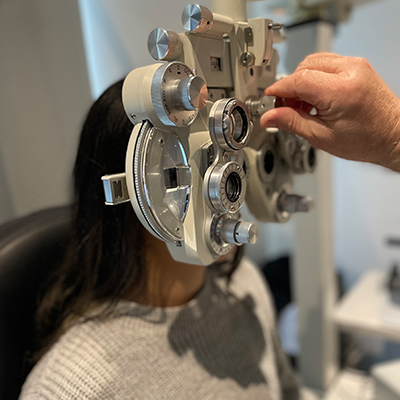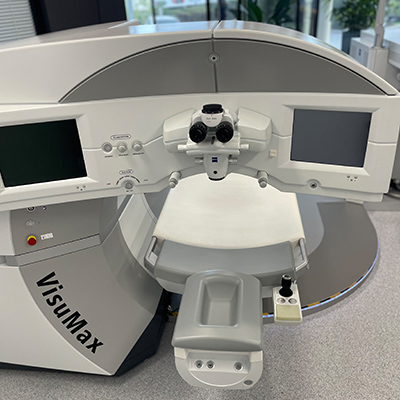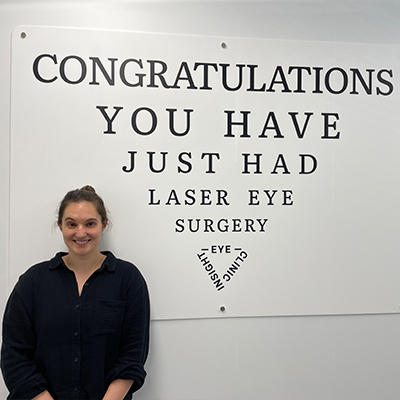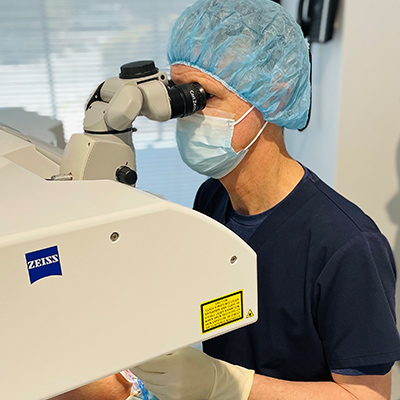Alcohol’s Scary Effects on the Eyes
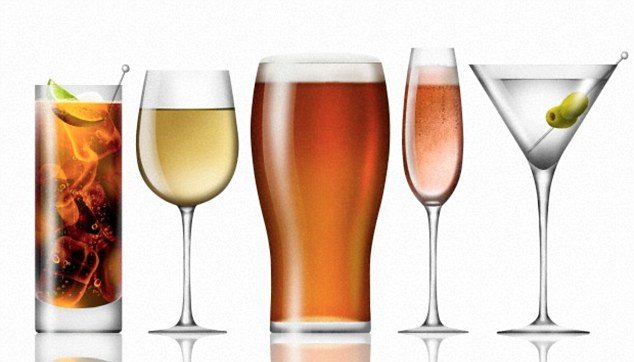
Besides the obvious occasional double vision, red eyes and beer goggles… what are those units of booze really doing to our eyes?
Short term effects
Co-ordination – Drinking alcoholic beverages slows the communication between the brain’s neurotransmitters. This means information cannot pass between the brain and the body as easily as when sober. This can lead to poor coordination in the eye muscles, which causes distorted or double vision.
Twitching of the eye – It can stimulate our eye muscles causing the eyelid to twitch. This is known as myokymia.
Dry eyes – Beer, wine, cider & spirits are diuretics; meaning that it increases the flow of urine. This fact along with the fact that they are dehydrating means that we often wake up with dry irritated eyes. Dry eye syndrome can be worsened for those who already suffer with this uncomfortable condition.
Loss of contrast – Alcoholic drinks decrease the reactions of the pupils, meaning that they cannot constrict or dilate correctly according to the levels of light surrounding them. This affects the ability of the eye to detect contrasts between different colours and shades, important in activities such as driving or playing sports. Alcohol can also reduce the eye’s capability of detecting differences between light and dark by 30%.
Bloodshot eyes – Alcohol reduces oxygen to your red blood cells, causing blood vessels to clump together and resulting in a ruddy complexion and red, bloodshot eyes.
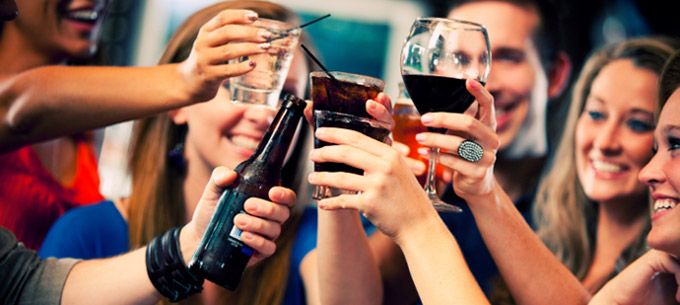
Long term effects
Cataracts – Multiple studies have shown increased cataract formation in patients with higher alcohol consumption.
AMD (Age related Macular Degeneration) – When damage to the retina (which can be caused by long-term excessive amounts of alcohol) results in loss of vision in the centre of the eye.
Vitamin deficiency – Heavy drinking affects the absorption of vitamins in the liver which are needed to maintain healthy eyesight. For example, a vitamin B-1 deficiency due to alcohol consumption can cause a weakness or paralysis of the eye muscles. Or a vitamin A deficiency due to alcoholism can cause: night blindness, thinning of the cornea, corneal perforation, dryness, and even blindness due to retinal damage.
Optic Neuropathy – A serious risk, says a study conducted by the British Journal of Ophthalmology, and involved a painless loss of vision stemming from drinking alcoholic beverages excessively. Complete and permanent loss of eyesight can also be called tobacco-alcohol amblyopia, or toxic amblyopia.
Korean researchers have found traces of alcohol in patient tears which decreased the quality of the tears. A compromised tear film may result in dry or irritable eyes and impact upon vision.

Most, if not all, of the short-term effects from alcohol will go away on their own, but if you suspect you may be suffering from some long-term effects, make an appointment with your eye doctor immediately. If you think you or someone you know may have a problem with consumption, Drinkwise Support Services and Alcoholics Anonymous have many resources to help.



 Follow Us!
Follow Us!
https://insighteye.com.au/3rd-generation-smile-laser-eye-surgery/
If you have found this post helpful and informative, you might like to visit our blog page for several other informative eye related posts. At Insight Eye Clinic, we offer a FREE phone suitability assessment prior to a surgeon consultation. This enables us to rule out any potential reasons that you might not be a suitable candidate for refractive surgery. We are the only Perth, WA based clinic that offers ALL 3 generations of laser eye surgery (SMILE, LASIK & PRK) in addition to implantable contact lenses, refractive lens exchange and cataract surgery.
